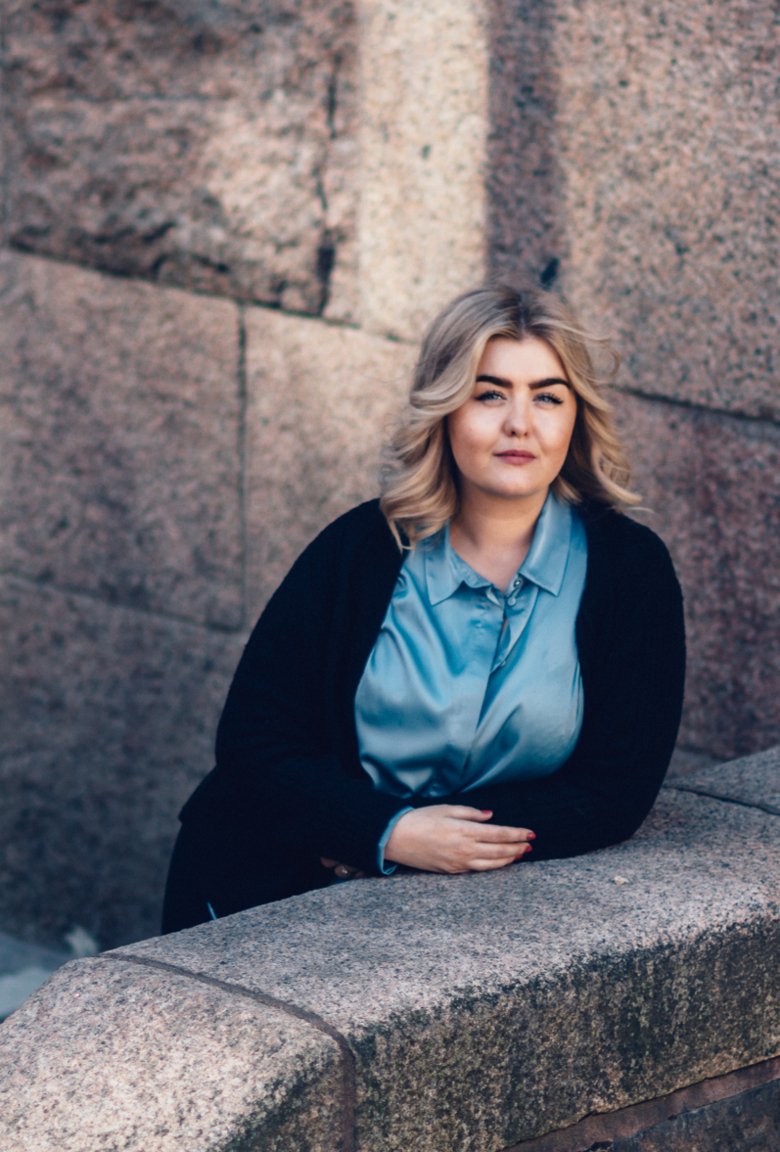“I know life is fragile”
Name: Micaela Hamrin
Age: 29.
Lives: Åkersberga.
Occupation: Works as a communications officer at Mer Organdonation, MOD.
Story: Received a kidney from her grandmother.

“I suddenly became ill in the spring during which I turned 18, at the end of my second year at upper-secondary school. Over the course of a few days, I was showing tons of strange symptoms. My body ached, I was unable to move my feet and hands normally, I felt sick and was fatigued and weak. After a few days, I was running a fever. The doctors were ultimately able to conclude that I had an acute liver disease, but no one knew which one. I now know the name of my disease, mesangiocapillary glomerulonephritis.
I quickly lost my kidney functions. The doctors tried different treatments, but nothing helped, they almost seemed shocked at how quickly my state was deteriorating. When I graduated, my kidney functions were below ten per cent. In July, I started dialysis, three times a week. Every session took long, as I was vomiting so much, I fainted and had drops in blood pressure.
Early on, my grandmother, who worked at the intensive care ward in Huddinge, said that she wanted to give me her kidney. She was very crass; she said that I would probably need several kidneys throughout my life and she wanted an opportunity to donate one during her lifetime. Ten months later, the transplant took place.
I only have foggy memories from this time, but I do remember how much healthier I felt as soon as the pain from the surgery had subsided. I got the energy to start studying, so now I am a trained upper-secondary school teacher. In addition to my studies, I was able to work at MOD, Mer Organdonation. I work there full-time now. I have invested myself in the donation issue and will not stop pushing it until I see some changes. The most important thing is getting clearer legislation. As it currently stands, it creates uncertainty for the profession, which means that at the moment, all those who want to become donors after their death cannot do so.
My illness has given me an extra incentive to try and get things done. I know life is fragile, that you should take the opportunity to do what you want to do while you still have the energy and the strength.”
As told to: Annika Lund
First published in Swedish in the magazine Medicinsk Vetenskap no. 2/2020
